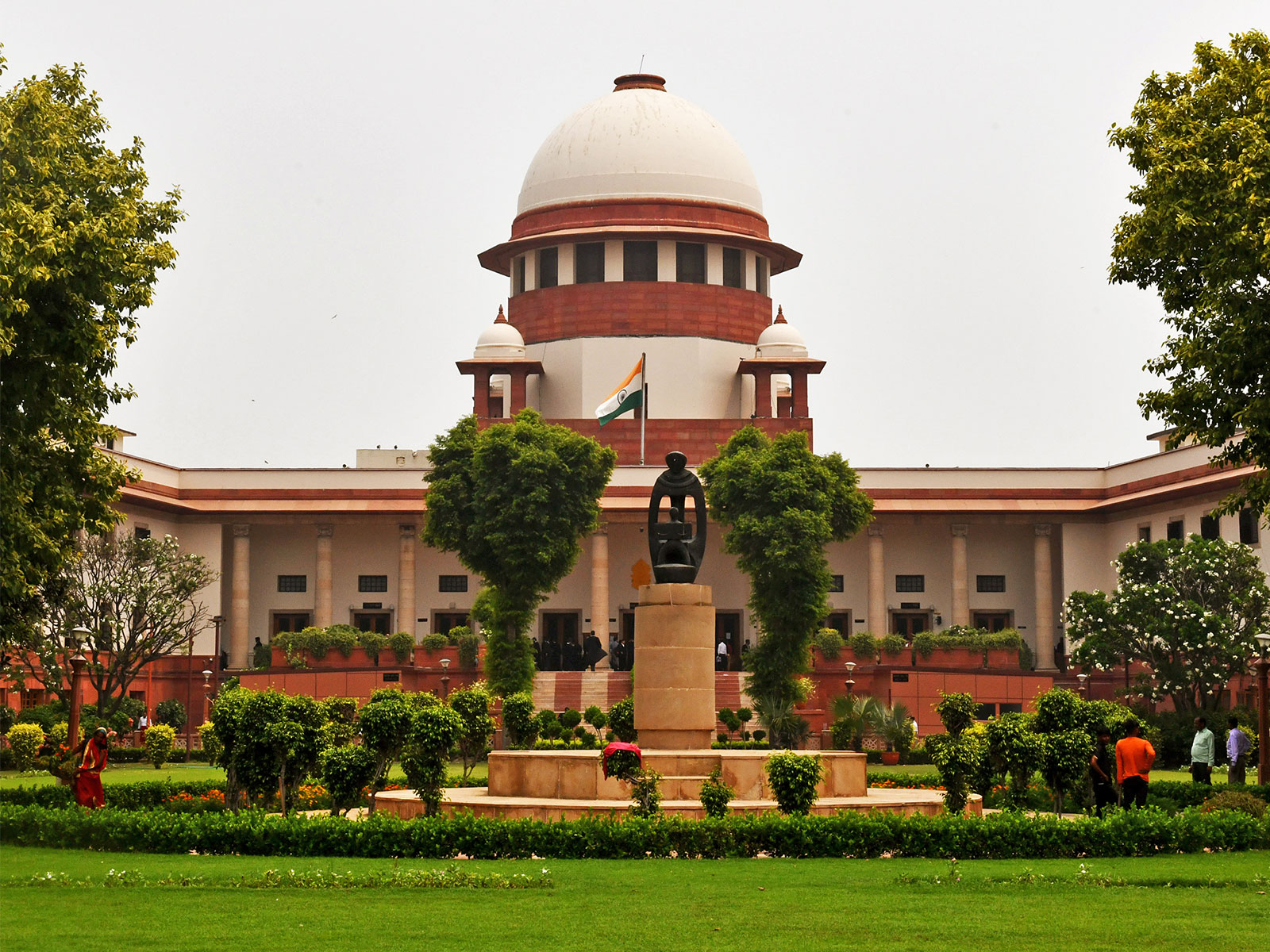Maryland [US], February 16 (ANI): Brain inflammation, while an important aspect of the immune response, plays a negative effect on Alzheimer’s disease. Unlike the acute, short-lived inflammation that fights infection, the inflammation associated with Alzheimer’s is chronic and persistent. Scientists have been trying to figure out why this happens.
New research reveals key differences in how the brain’s immune system responds to the disease compared to a bacterial infection. The work is presented at the 69th Biophysical Society Annual Meeting in Los Angeles.
The study focuses on how immune cells react to amyloid-beta (Ab) plaques, a hallmark of Alzheimer’s, and how this immune response differs from the reaction to bacterial toxins. “Bacteria cannot enter our brain because of the blood brain barrier,” said Arpan Dey, PhD, a postdoctoral associate in the lab of Professor David Klenerman at the University of Cambridge in the United Kingdom. “But small proteins could be acting like bacteria in our brain and giving rise to neuroinflammation, which could be contributing to dementia,” he added.
Dey and colleagues used a model system of immune cells and exposed the cells to Ab aggregates or lipopolysaccharide (LPS), a component of bacterial cell walls that triggers a strong immune response. They focused on the formation of structures called myddosomes, which are crucial for initiating inflammation.
The team discovered that larger Ab clumps trigger more myddosome formation in immune cells. Smaller Ab clumps, even after longer exposure, failed to trigger this response. This suggests that the size of the Ab clump is critical for activating the immune system in Alzheimer’s.
In contrast, LPS triggered a much faster and stronger myddosome response than even the large Ab aggregates. This difference in timing and intensity may explain why inflammation in Alzheimer’s is chronic and drawn-out, whereas the response to a bacterial infection is typically more acute and resolves more quickly.
“Our findings reveal a crucial distinction in how the brain’s immune system reacts to a bacterial infection versus Ab clumps,” said Dey. “The slower, more sustained immune activation by large Ab aggregates may contribute to the chronic inflammation seen in Alzheimer’s disease.”
The team’s next step is to start looking at markers of myddosomes in blood samples from people with dementia and brain samples from the UK Brain Bank.
By understanding the mechanisms driving inflammation in Alzheimer’s, they hope to contribute to the development of new therapies that can specifically target the chronic inflammation associated with the disease, potentially slowing its progression.
“This work opens up new avenues for drug discovery,” Dey said, he added, “by understanding and targeting the pathways involved in the inflammatory response, we may be able to develop treatments for Alzheimer’s and other neurodegenerative diseases.” (ANI)
Disclaimer: This story is auto-generated from a syndicated feed of ANI; only the image & headline may have been reworked by News Services Division of World News Network Inc Ltd and Palghar News and Pune News and World News
HINDI, MARATHI, GUJARATI, TAMIL, TELUGU, BENGALI, KANNADA, ORIYA, PUNJABI, URDU, MALAYALAM
For more details and packages
















